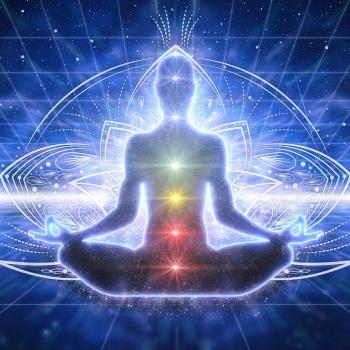Is there any reason why you should feel a stranger in your own mind? Aren’t you yourself? Don’t you want to fulfil yourself? We are all too aware of people feeling like their minds aren’t their own. In these circumstances, how can they possibly fulfil themselves?
The solution is close at hand, and it doesn’t need any kit aside from what we already have at hand – the root of the problem, the mind. This is where we need to unravel the dissonances and discomforts preventing us from achieving our goals. There’s no reason why anybody should struggle against his or her self like an enemy, but in the world around us there are many such people. They have an outline of what they want, but they can’t get it, because they are fighting against themselves and this gets in the way of their success.
These inner conflicts usually come from beliefs and ideas we have about the world that are incomplete or inaccurate, more often than not ideas about ourselves that are negative and limiting. Sometimes these ideas come from other people, sometimes from the culture we live in. Until the accuracy of these belief systems gets challenged, people tend to take them as read. Nobody knew it was possible for an African American to become president until Barack Obama did so. He proved that the paradigm was false.
Inspiring people are the ones who challenge fake belief systems. Another famous example is Christopher Columbus. Many people really did believe the world was flat, and no-one thought it was possible to cross the Atlantic until he did. Thanks to him, the size of the known world doubled. It is the same with the mind. When you challenge what you think you know, what you can know increases.
The time has come for many of us to ask what it is about our self-beliefs that is preventing us from achieving our goals and being happy. But how do we start asking these questions about the fundamental limits of consciousness and self?
Meditation is a practice common to humanity as a whole: it exists in some form in almost every culture, although it has fallen out of popularity in some places so that it is necessary for it to be re-discovered. The problem is universal, so the solution is the same.
What do we do? We sit and observe. We observe our thoughts. We look at them until we see them from a perspective that is not defined by them. The practice speaks for itself. You might as well do it as read this article, it will save you time. The myriad forms of meditation and the gurus asking for your money or attention all boil down to something that a naked caveman can do without instruction. It is built-in, some of us are simply unaware that it is.
Mindfulness
Meditation increases consciousness. It shows you what you options are. Another word for this is mindfulness. Mindfulness has become popular in recent decades. It just means being as aware as you possibly can, like a sailor on the sea watching for rocks or for new found land.
It is hardly surprising that this can lead our circumstances to change and improve. If a footballer is more aware and focussed, he is more likely to score a goal.
Mindfulness makes us more compassionate as we see the ways in which we are connected to people, animals, natural processes and things. We see how helping others can lead to ourselves being helped. This makes us want to improve our environments – in every sense. This is probably why meditation is often linked with religion and ethics in systems like Buddhism and Yoga.
But you don’t need religion, nor do you need to follow anybody’s advice or instructions. The practice is simple. Sit, be aware of yourself. This is the opposite of blind belief. This is coming to deep awareness of what is truly the case according to your own senses. This will help you come to the place where you will be maximally happy in life.


